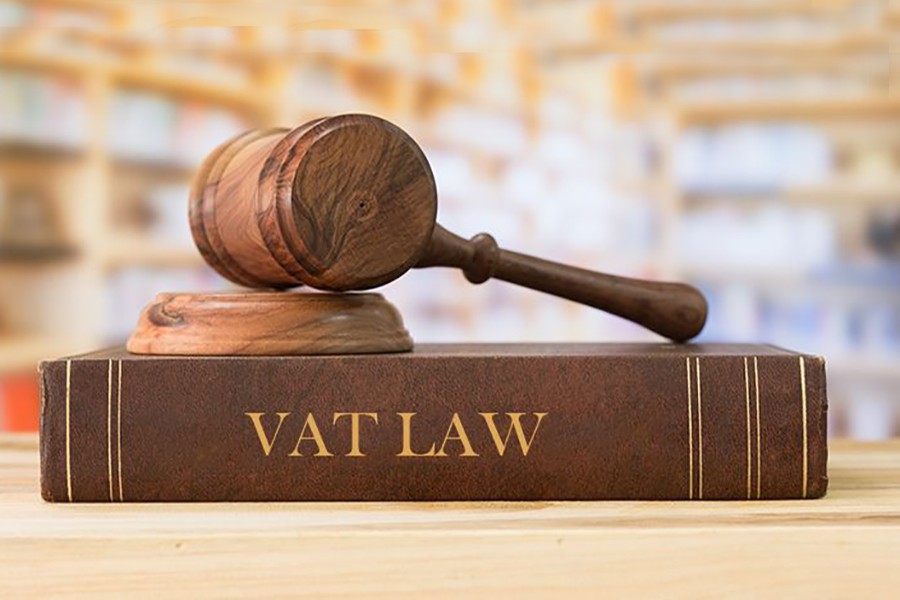
Published :
Updated :

The waiver of Value Added Tax (VAT) for international oil companies on local production and supply of gas no longer exists in the new law, although their contract has such a provision.
Petrobangla will have to pay the VAT at 15 per cent from the current fiscal year. The state-run oil and gas corporation has been enjoying the exemption since 1993.
The production sharing contract between the government and IOCs has included the VAT exemption facility. The contract is scheduled to expire in 2029. With the implementation of the new VAT and Supplementary Duty Act-2012 from July 1, 2019, the National Board of Revenue has scrapped all its regulatory orders, including the one for exempting IOCs from tax payment.
In a recent letter, the Ministry of Power, Energy and Mineral Resources requested the tax authority to reinstate the previous order to avoid contradiction with the production-sharing contract.
The ministry has sought the exemption facility after a letter from the Petrobangla chairman.
In a separate letter to Petrobangla, president of the Chevron Bangladesh Neil Menzies sought the inclusion of VAT in its monthly gas bills from the corporation.
Petrobangla buys gas and condensates at the government fixed prices from the IOCs in the light of sales and purchase agreements.
According to the contract, the Petrobangla will have to shoulder VAT on behalf of the IOCs operating in Bangladesh.
Currently, Tullow and Chevron are the two IOCs that have such contracts.
In his letter, Petrobangla chairman said it would be difficult to pay the VAT on behalf of IOCs if the Chevron sent invoices adding the payable consumption tax.
The Bangladesh Energy Regulatory Commission fixed the tariffs of gas at consumers' stage taking the VAT exemption on IOCs into its consideration, the Petrobangla said in its letter.
The government signed the contract with Chevron in 1995, two years after offering the VAT exemption facility.
To pay the VAT, the government might require adjusting the gas price upward at the consumer-level, which will not be realistic in the present context, the Petrobangla said.
It would not be possible for the government to increase the gas prices at the consumers' level to pay the VAT, it added.
The Petrobangla said some 60 per cent of the local gas supply is contributed by the IOCs. The government is trying to encourage foreign investments in this sector, but such complexities might discourage the investors.
The Petrobangla said it would be difficult for the government to meet the demand for gas unless it works with IOCs hand in hand.
"Due to such complexities, IOCs will not be attracted to invest in the country, though the model PSC offers fresh benefits," the Petrobangla chairman said.
It said the government will be depended on the import of liquefied natural gas if it fails to attract new investments in the gas sector.
For FY2020, the government will require roughly Tk 105.85 billion as subsidies to import LNG alone, given the demand.
doulot_akter@yahoo.com


 For all latest news, follow The Financial Express Google News channel.
For all latest news, follow The Financial Express Google News channel.